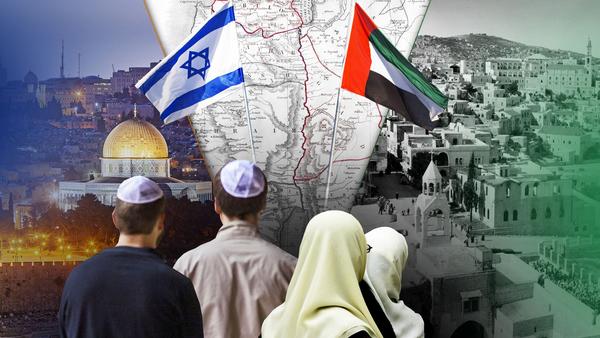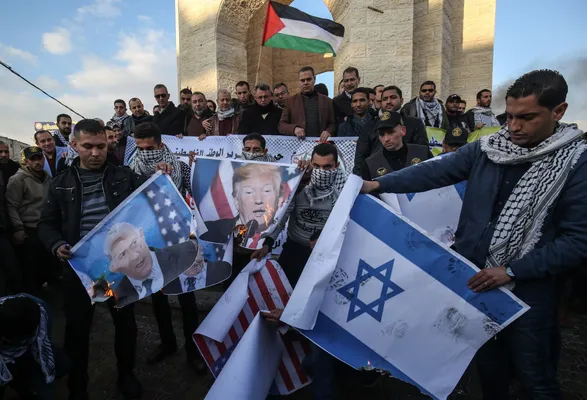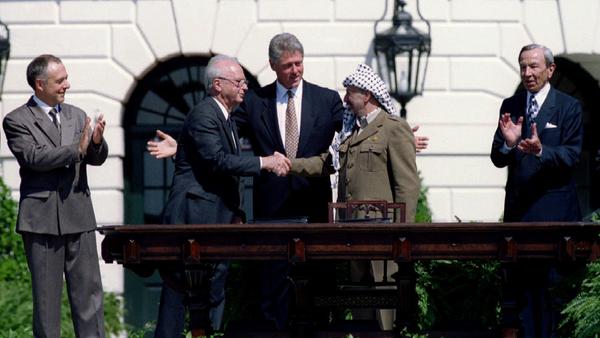



The Future of Palestinian-Israeli Relations: An In-Depth Analysis
Explore the latest developments, historical context, and future prospects of the Palestinian-Israeli relationship in 2024, highlighting key events and diplomatic efforts.
Introduction
The Palestinian-Israeli relationship is a highly complex and evolving conflict, with deep-rooted historical, political, and social dimensions. As of 2024, the situation remains tense and dynamic, marked by significant violence, humanitarian crises, and ongoing international diplomatic efforts. This article explores the current state of affairs, recent developments, and future prospects for this long-standing conflict.
Historical Context of the Palestinian-Israeli Conflict
The origins of the Palestinian-Israeli conflict date back to the early 20th century, with key events such as the Balfour Declaration of 1917, the establishment of Israel in 1948, and the subsequent Arab-Israeli wars shaping the landscape. The 1967 Six-Day War and the Oslo Accords of the 1990s were pivotal in defining the modern boundaries and political status of the territories involved.
Current Developments in 2024
Escalation of Violence
Since October 2023, the conflict has escalated dramatically, resulting in substantial casualties and destruction. Over 23,000 Palestinians, primarily in Gaza, have been killed, with significant loss of civilian life. Israeli military operations have targeted various militant groups, leading to extensive damage and humanitarian crises.
Humanitarian Crisis in Gaza
Gaza's humanitarian situation has deteriorated, with the blockade severely limiting access to essential goods, medical supplies, and clean water. Chronic power outages and the destruction of infrastructure exacerbate the daily hardships faced by Gaza's residents.
West Bank Tensions
In the West Bank, Israeli settlement expansion continues to provoke tensions. The international community, including the United Nations, has called for an end to settlement activities, which are viewed as a major obstacle to peace negotiations.
Diplomatic Efforts and International Responses
United Nations Involvement
The UN has been vocal in urging both sides to take meaningful steps toward de-escalation and peace. Special Coordinator for the Middle East Peace Process, Tor Wennesland, has highlighted the urgent need for reversing negative trends and addressing the humanitarian needs of Palestinians.
US Foreign Policy and Mediation
The United States continues to play a crucial role in mediating the conflict. Public opinion in the US is increasingly sympathetic to the Palestinian plight, which influences the political stance and actions of the US administration. Diplomatic efforts are focused on balancing support for Israel with humanitarian aid to Palestinians and encouraging a return to peace negotiations.
Key Issues in the Conflict
Settlement Expansion and Land Rights
The expansion of Israeli settlements in the West Bank remains one of the most contentious issues. Despite international condemnation, Israel continues to expand settlements, which Palestinians and many global entities see as illegal under international law.
Economic Blockade and Its Impacts
The blockade on Gaza, enforced by Israel and Egypt, significantly restricts economic activity and access to essential services. This has led to a dire humanitarian situation, with severe shortages of food, medicine, and other necessities.
Security Concerns and Military Actions
Both sides cite security concerns as justification for their actions. Israel's military operations aim to neutralize threats from militant groups, while Palestinian groups argue that their actions are a response to occupation and blockade.
Prospects for Peace
Two-State Solution
The two-state solution remains the most widely endorsed framework for resolving the conflict. However, recent developments have made this solution increasingly difficult to achieve, with both sides entrenched in their positions.
International Pressure and Support
International actors, including the United States, the European Union, and regional powers, continue to push for renewed peace talks. The effectiveness of these efforts depends on the willingness of both Israeli and Palestinian leaders to compromise and engage in meaningful negotiations.
Grassroots Movements and Civil Society
Grassroots movements and civil society organizations on both sides advocate for peace and reconciliation. These groups play a critical role in building bridges and fostering dialogue at the community level, which is essential for long-term peace.
Conclusion
The Palestinian-Israeli relationship remains fraught with challenges, but there are pathways to peace that require bold leadership, international support, and grassroots engagement. The year 2024 presents both significant risks and opportunities for progress in one of the world's most enduring conflicts.
FAQs
💔 Donate to Support Gaza's Children
Your donation can make a significant difference in the lives of children affected by the crisis in Gaza. Donate now via Bitcoin or Stripe to provide essential aid and support.
Donate Now